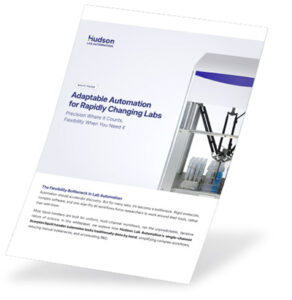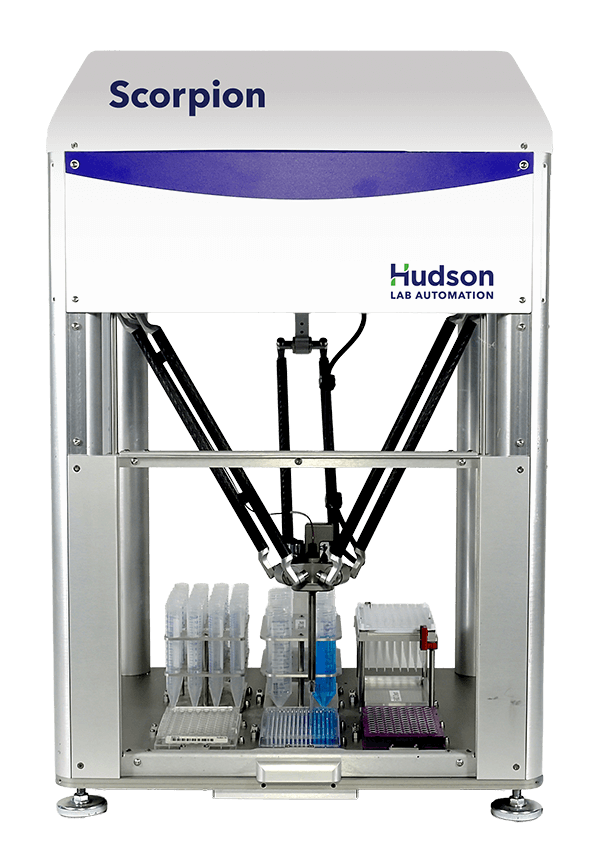Choosing The Right Electronic pH Meter For The Lab
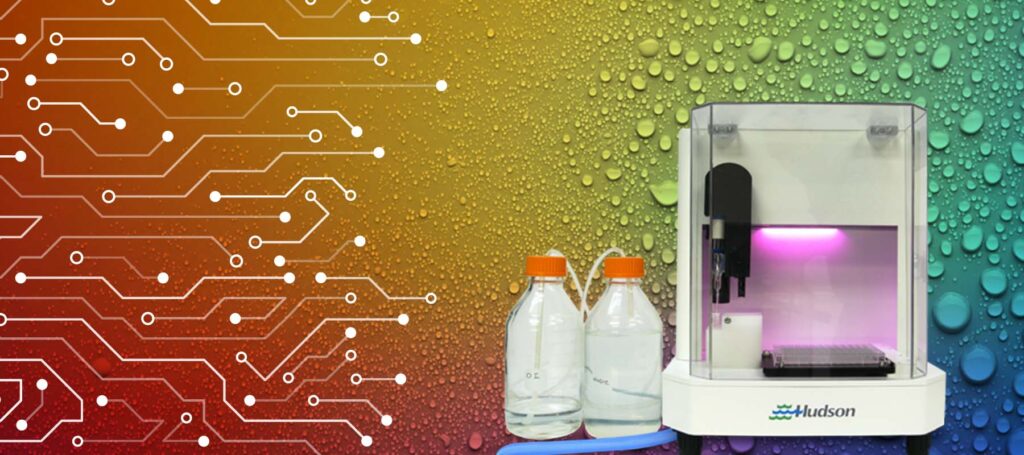
pH is a reference to how “acidic” or “alkaline” an aqueous (or water-soluble) solution is. SLP Sørensen is credited with creating the first pH scale
What Products Are The Result of Synthetic Biology?
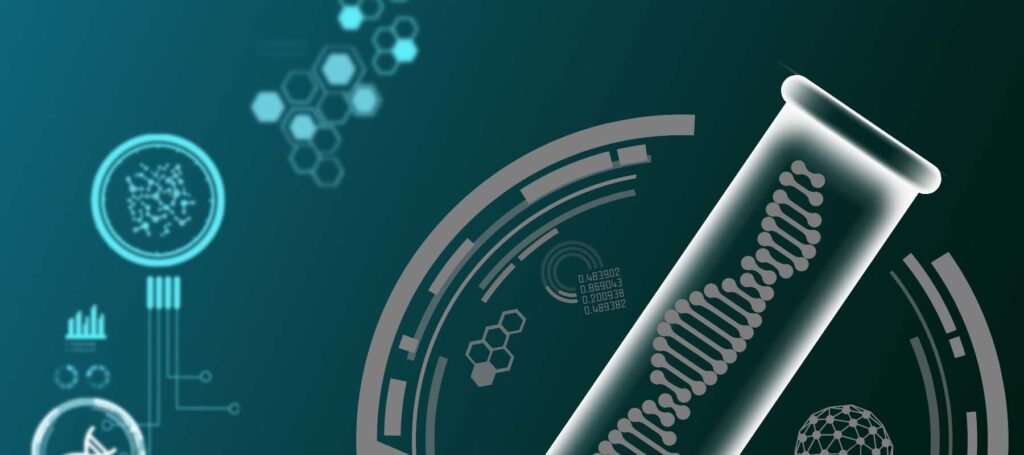
Synthetic biology products might seem futuristic, but many are already commercially available. Due to increased laboratory automation, advances in bioinformatics and data storage, and DNA
What a Fully-Automated ELISA Reader Can Do
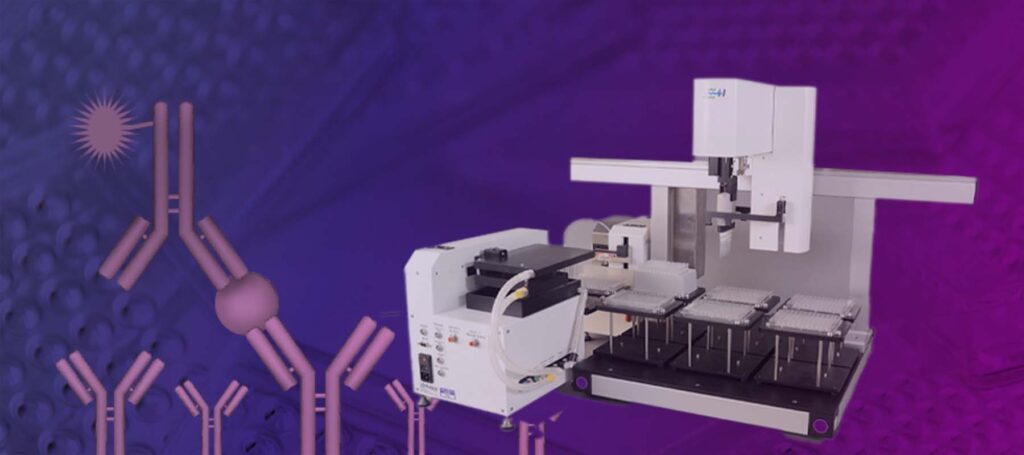
An ELISA (Enzyme-Linked ImmunoSorbent Assay) is a method used to determine protein concentrations in samples. Developed in 1971, it offered an alternative to radioimmunoassays, thus
Laboratory Scheduling Software: Capabilities And Downsides

From bulb pipetting to handheld pipettes to electronic pipettors, laboratories worldwide are modernizing through the addition of complex machinery and robotic assistance. This growing trend
Serial Dilutions In Microbiology 101
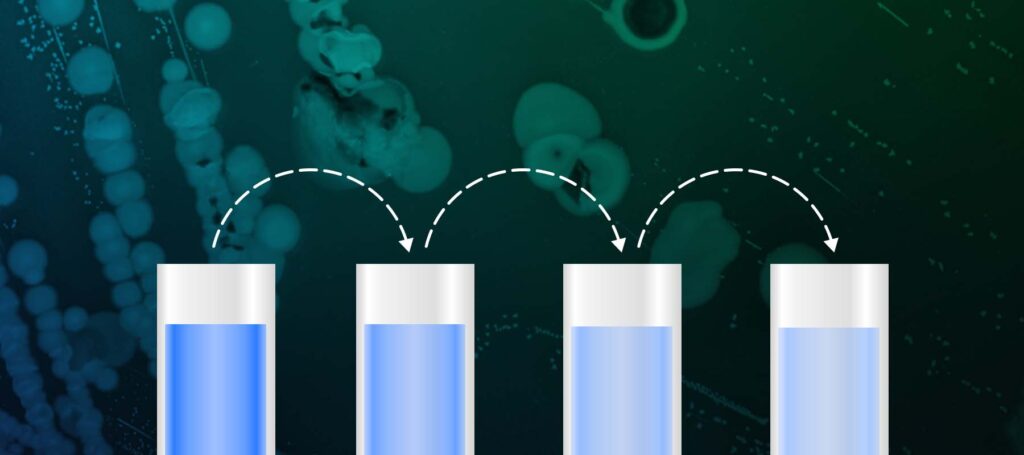
You are probably familiar with some microbes like bacteria and viruses, but the category includes protists and fungi. Scientists incubate these microbes in the lab,
The Best Benchtop pH Meter: How to Choose The Right One For You
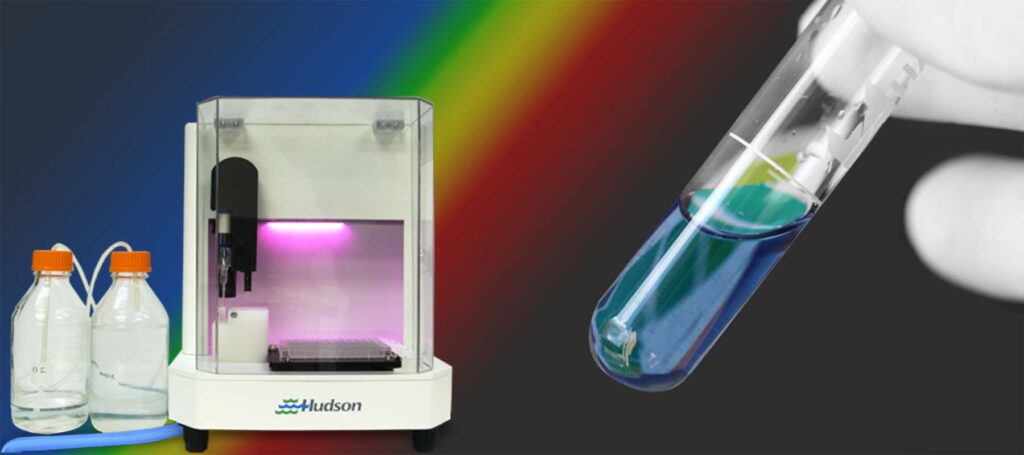
pH is a measurable parameter with implications in biology, chemistry, agriculture, and food science. In fact, pH initiates the color change in hydrangeas, where lower
Using Software To Improve PCR

PCR is a popular lab technique with genomics, medicine, forensic science, and environmental biology applications. In 1993, the scientist who developed PCR, Kary Mullins, was
Key Components of Efficient Automated Liquid Handling Workstations

Lab technicians measure, dispense, and mix liquids every day. Liquid handling is a key element of scientific research in various industries, from microbiology to food
Advantages of Lab-Quality Devices That Measure pH
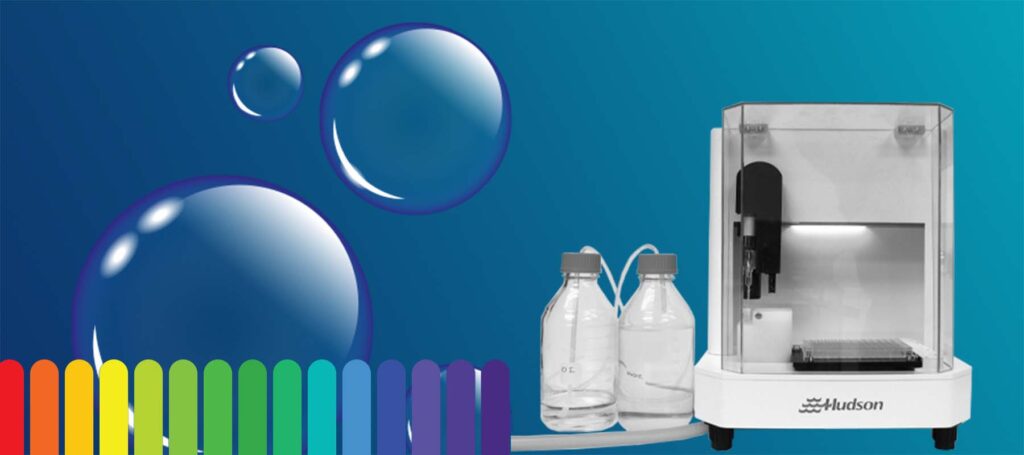
Studying Microbe Colonies Are you curious about what pH probes measure, why pH is important, and how devices that measure pH work? In high school
Why Are Colonies Important in the Study Of Microbiology
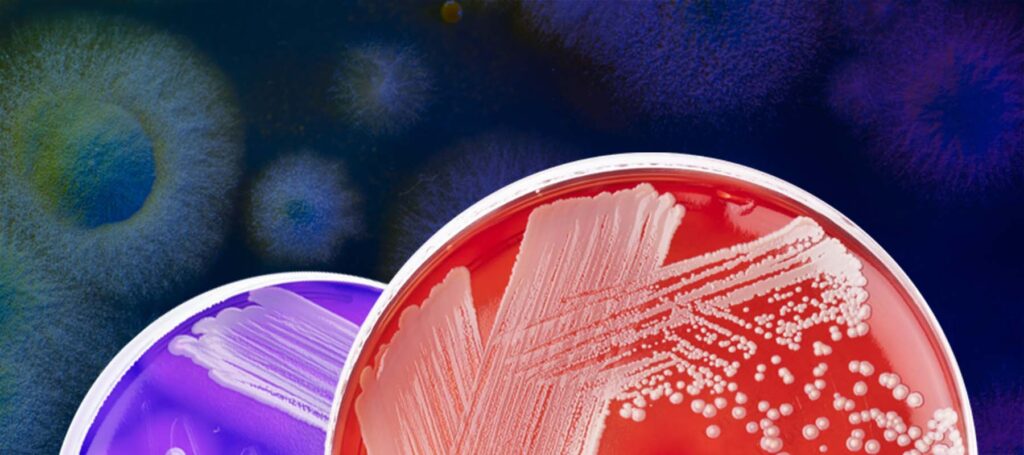
Colonies give scientists information about a particular microbe that has replicated into a group sharing the same genes. Studying that group of microbes helps microbiologists

